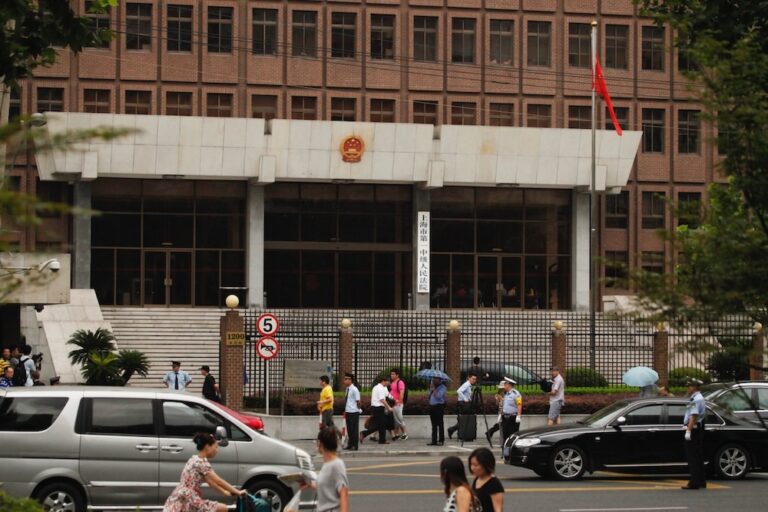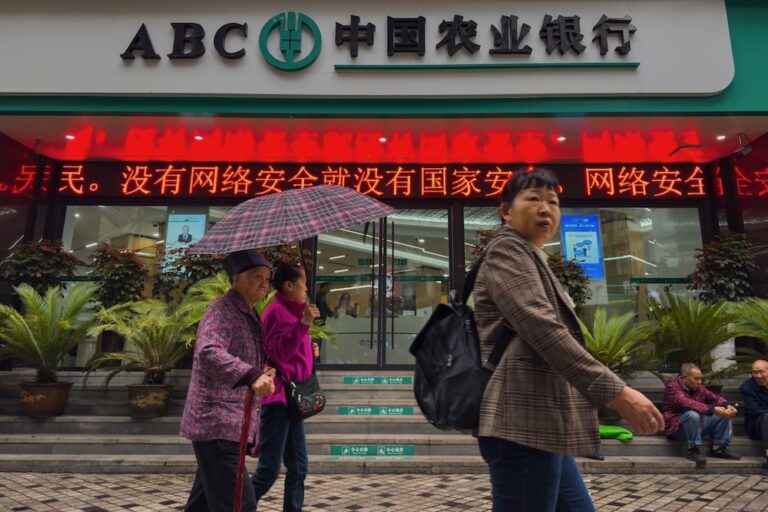The International Federation of Journalists is deeply concerned that the right to receive information is being restricted in Macau, negatively affecting social diversity, after a dispute over television transmission rights.
The International Federation of Journalists (IFJ) is deeply concerned that the right to receive information is being restricted in Macau, negatively affecting social diversity, after a dispute over television transmission rights.
According to Macau media reports, subscribers to 14 public antenna companies have lost access to 60 channels until April 2014, leaving them only 36 to watch. The Macau Court of Second Instance in June 2013 indirectly upheld a civil claim by Macau Cable Television Ltd that the public antenna companies were infringing copyright by illegally relaying its cable television transmissions through their networks. Macau Cable Television holds a monopoly on cable transmissions until April 2014. The argument over the television signal transmission rights has been raging for years, but the Macau Government has not yet found a solution to the problem.
Under tremendous pressure from the public, Macau Cable Television signed a concession agreement with the public antenna companies in early August, allowing them to relay 33 channels. On August 22, the Government increased the number of channels allowed to be broadcast by three to 36. The agreement did not reveal the measures by which the channels were chosen. The deleted channels include overseas information channels such as the BBC and NHK.
Macau Journalists’ Association (MJA), many local NGOs, and several law makers and scholars have expressed their concerns. They voiced the worry that people have been deprived of their right to receive information and demanded that the companies reveal the standard by which they selected the television channels which will continue to be broadcast.
The MJA also urged the Macau Government to demand that Macau Cable Television write to the deleted channels, offering them the right to be broadcast as a matter of public interest.
Chui Sai On, the Chief Executive of Macau, said the Government respected people’s right to consume television content and he would strive for local residents to have access to more channels.
The IFJ Asia-Pacific Office said: “We are glad that the Government was able to increase the number of television channels allowed to 36, but the number of channels allowed is still far below what people originally enjoyed. The right to receive diverse information is a fundamental human right. We believe the current monopolisation of the television transmission signal service is one of the key things depriving people of their rights.”
We urge the Macau Government to uphold diversity of information and immediately review the market for transmission signal services in Macau, in order to allow different companies to enter the market. At the same time, the Government should demand that the companies review the current service in order to allow some overseas channels to be relayed.


